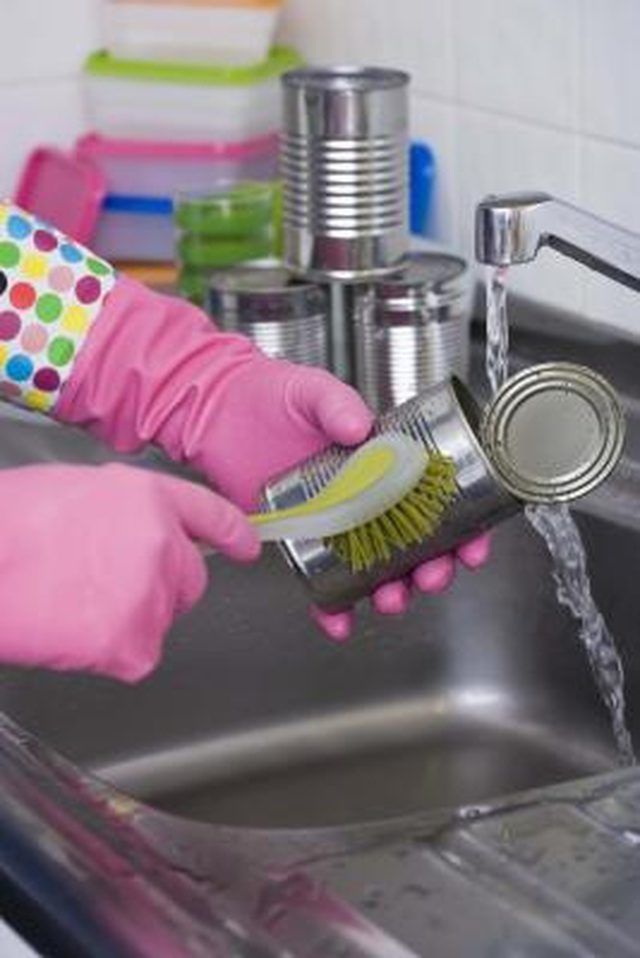Bulbs
Flower Basics
Flower Beds & Specialty Gardens
Flower Garden
Garden Furniture
Garden Gnomes
Garden Seeds
Garden Sheds
Garden Statues
Garden Tools & Supplies
Gardening Basics
Green & Organic
Groundcovers & Vines
Growing Annuals
Growing Basil
Growing Beans
Growing Berries
Growing Blueberries
Growing Cactus
Growing Corn
Growing Cotton
Growing Edibles
Growing Flowers
Growing Garlic
Growing Grapes
Growing Grass
Growing Herbs
Growing Jasmine
Growing Mint
Growing Mushrooms
Orchids
Growing Peanuts
Growing Perennials
Growing Plants
Growing Rosemary
Growing Roses
Growing Strawberries
Growing Sunflowers
Growing Thyme
Growing Tomatoes
Growing Tulips
Growing Vegetables
Herb Basics
Herb Garden
Indoor Growing
Landscaping Basics
Landscaping Patios
Landscaping Plants
Landscaping Shrubs
Landscaping Trees
Landscaping Walks & Pathways
Lawn Basics
Lawn Maintenance
Lawn Mowers
Lawn Ornaments
Lawn Planting
Lawn Tools
Outdoor Growing
Overall Landscape Planning
Pests, Weeds & Problems
Plant Basics
Rock Garden
Rose Garden
Shrubs
Soil
Specialty Gardens
Trees
Vegetable Garden
Yard Maintenance
Can You Grow Plants in Tin Containers?
Can You Grow Plants in Tin Containers?. At one time, canned food items were packaged in tin cans. Today, although the term "tin can" remains, most food cans are actually aluminum. Regardless of metal used, plants can be grown in cans but a few caveats exist.

At one time, canned food items were packaged in tin cans. Today, although the term "tin can" remains, most food cans are actually aluminum. Regardless of metal used, plants can be grown in cans but a few caveats exist.
Function
The tin can holds soil for the plant. The rigid walls and rather small size of cans used for food containers can limit what size plant grows in it. Plants must be removed and transplanted from a tin can before the roots become cramped or encircle the base, making the plant difficult to remove.
Considerations
An important modification is needed before a can is filled with soil and a plant added. At least one drainage hole in the can's bottom ensures water evacuates the soil and plant roots do not suffocate or rot.
Insight
Metal cans conduct heat and cold well and don't provide much insulation to the soil or plant roots. Metal placed in sun heats up quickly, and that heat is transferred to the soil and causes soil and roots to dry out more quickly. Conversely, freezing temperatures chill the metal and cause the soil to chill or freeze more quickly as compared to a wood or thick polyurethane container.
Warning
If the container is truly made of tin, traces of this toxic element may be absorbed by plant roots. Avoid planting edible plants such as vegetables in tin cans.